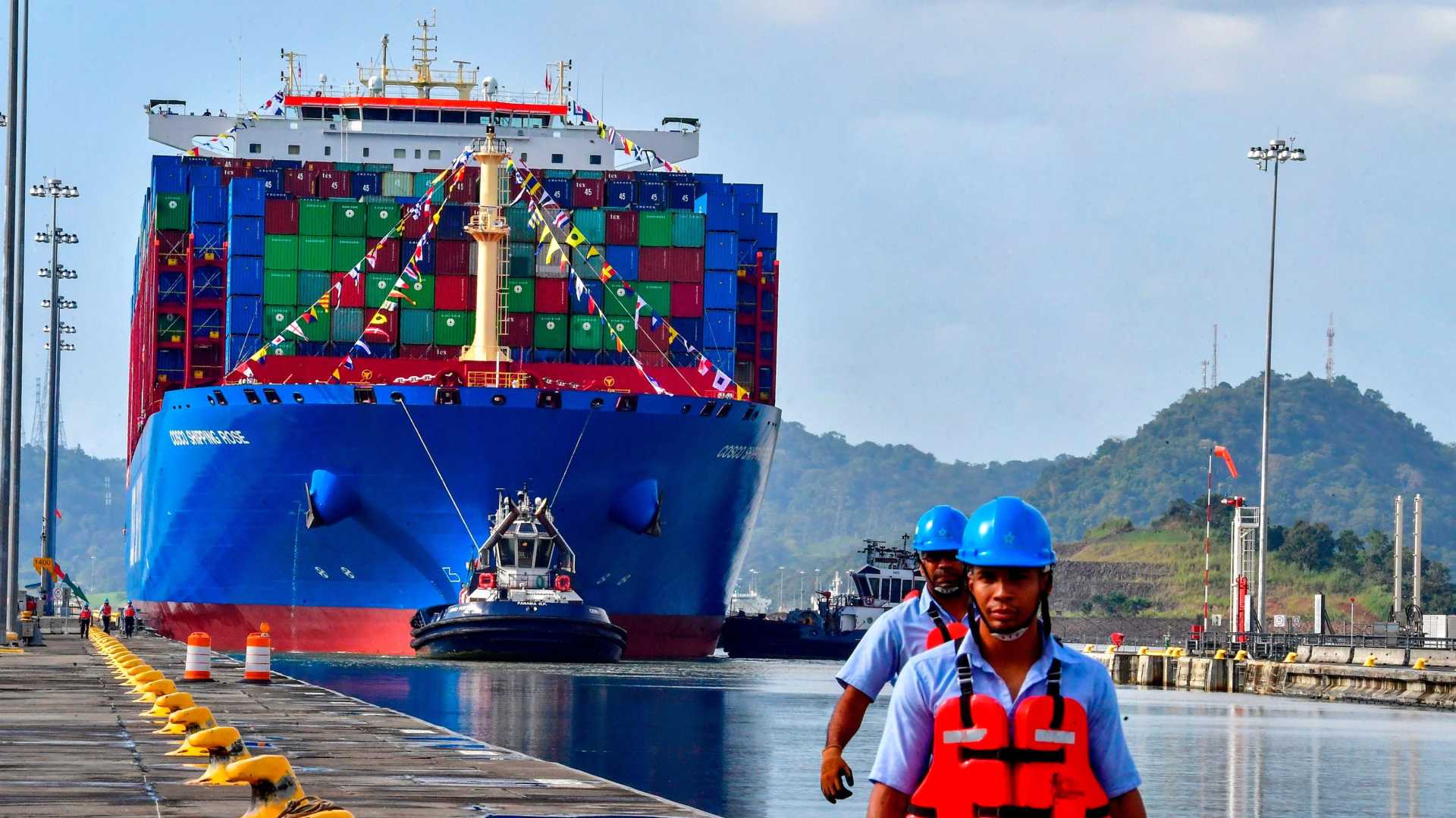Business
China Eyes Greater Control Over Panama Canal Amid Trade Negotiations

Panama City, Panama — China may increase its influence over the Panama Canal following the failure of a deal between BlackRock, a U.S.-based investment firm, and Hong Kong’s CK Hutchison. The agreement aimed to transfer control of multiple international ports, including two in Panama, but collapsed amid pressure from Beijing.
The original deal, valued at $23 billion, was proposed to transfer ownership of 43 ports across 23 countries. This plan was supported by former President Donald Trump, who suggested reclaiming U.S. control over the canal, asserting it was handed to Panama under a 1977 treaty.
According to CK Hutchison, the negotiation window with BlackRock ended Monday due to Chinese demands for a direct stake in the canal’s operations, particularly through state-owned shipping giant Cosco. CK Hutchison expressed willingness to rework the deal to potentially include Cosco as a strategic partner.
“Changes in deal structure are necessary to gain approval from all relevant authorities,” CK Hutchison stated in their announcement. The firm has operated the two critical Panamanian ports, Balboa and Cristobal, since 1997.
China’s expanding presence in Latin America has raised concerns among U.S. officials. Trump recently stated, “China is operating the Panama Canal,” emphasizing his view that control should revert to the U.S. interests.
Dane Chamorro, head of Global Risk Analysis at Control Risks, commented on the situation. He said, “China will insist this be the quid pro quo: that the other global ports have Cosco participation.” Chamorro added that this could lead to further consolidation of ports under Chinese control globally.
Panama insists it retains full sovereignty over the canal and that CK Hutchison’s operations do not equate to Chinese influence on the canal itself. The situation remains fluid as discussions about restructuring the deal continue.












